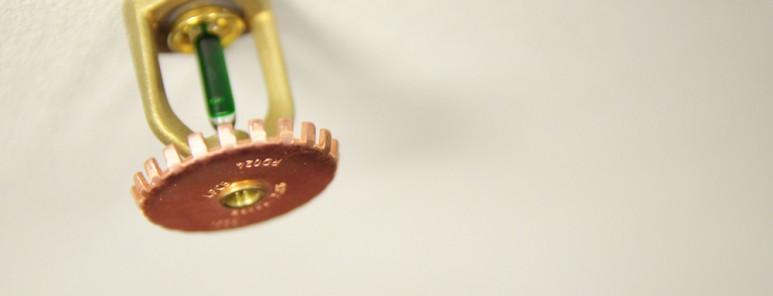The fire service could stop attending automatic fire alarms in commercial buildings like shops and office blocks unless it’s a confirmed blaze, in a bid to free up time for firefighters.
Currently South Yorkshire Fire & Rescue automatically sends fire engines to premises like shops and office blocks the moment a fire alarm goes off and the signal is passed, by a receiving centre, onto 999 control operators.
But 97% of the 3,457 automatic alarms the service attended in business premises in the last three years turned out to be false alarms. Fire crews wasted more than 1,000 hours investigating the cause of those false alarms- time which could have been better spent training, working in the community or being available to attend other, genuine incidents.
The change would bring South Yorkshire Fire & Rescue in line with other services around the country, plus the position of the National Fire Chiefs Council on automatic fire alarms in commercial buildings. It would not apply to sleeping risk premises like hotels, hospitals or high rise flats though- with fire engines still being automatically turned out to automatic alarms at those premises.
Area Manager Andy Strelczenie, said: “False alarms make up a massive proportion of the incidents firefighters are mobilised too. Whilst we will always attend incidents when our services are definitely required, our frequent attendance at false alarms disrupts training and increases road risk to firefighters rushing on blue lights to incidents which later turn out to be false alarms.”
As well as responding to 999 calls, the fire service is responsible for enforcing fire safety laws.
Top safety tips for businesses include:
Keep fire escapes clear– make sure extra stock is stored away from fire escapes, ensuring staff and customers can get out safely in the event of a fire
Check alarm systems– regular checks and maintenance help to eliminate automatic false alarms and ensure the alarm is working if required
Complete a fire risk assessment– not only will it help to reduce the risk of suffering a fire in the first place, it will help make sure you comply with fire safety laws
Sprinklers– consider installing sprinklers, but make sure you leave a good distance between your stock and sprinkler heads
For more information visit www.syfire.gov.uk/business-advice
A paper outlining options for changing the service’s attendance at commercial automatic fire alarms will be discussed at the service’s governing Fire Authority on Monday (22 July).

